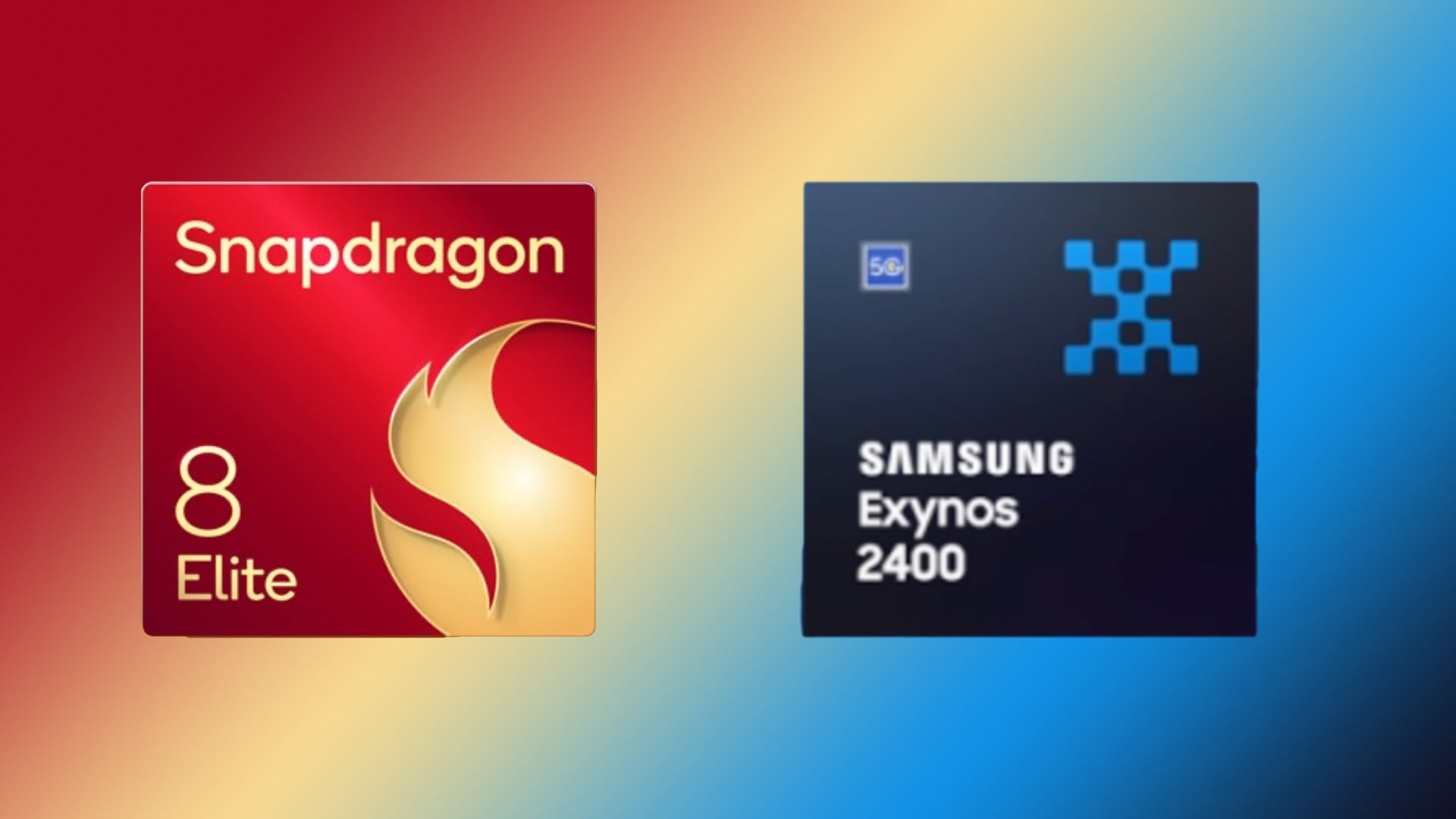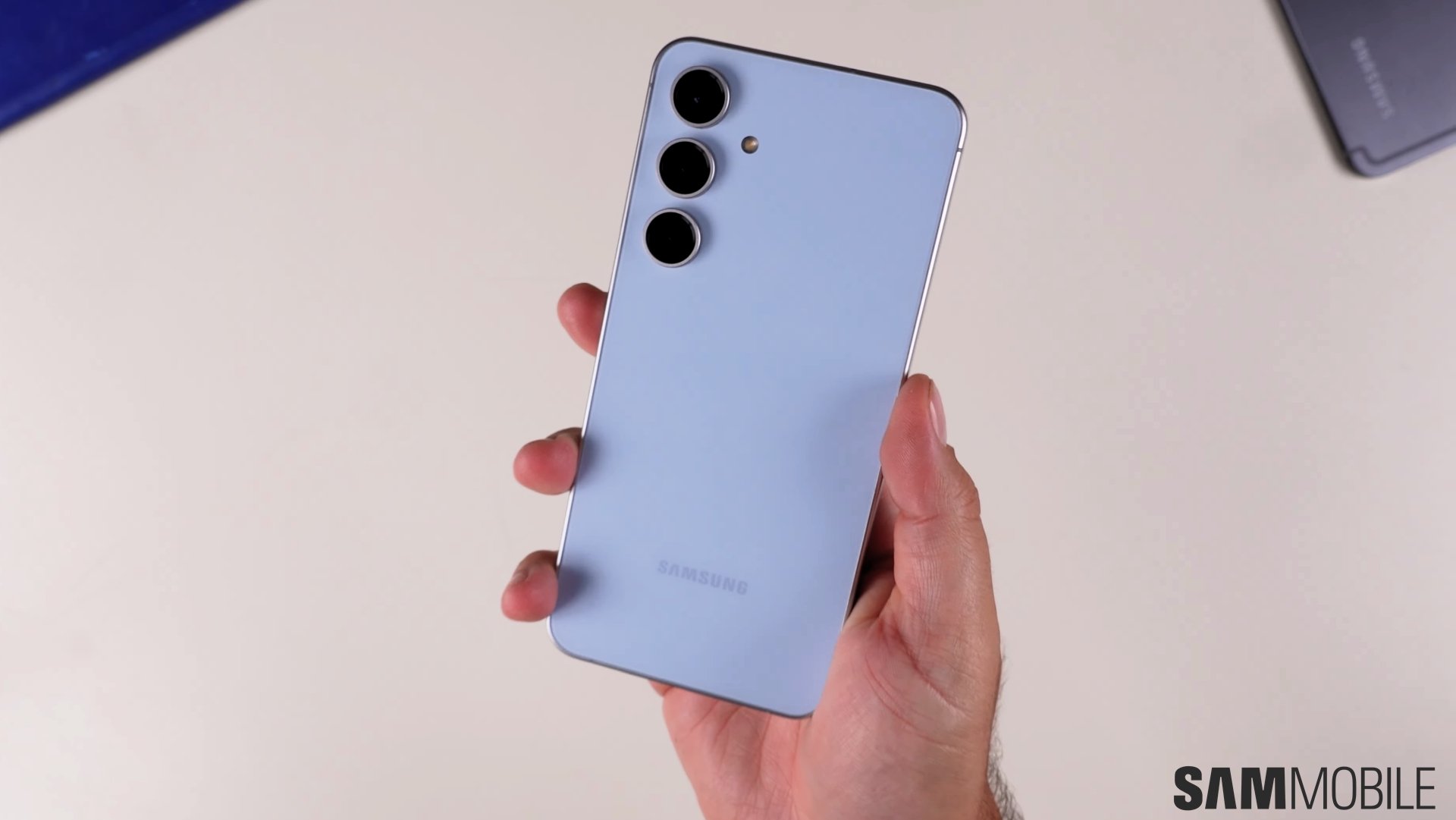
Those variants wouldn't just provide marginally better performance but their thermal efficiency would be better and the battery life would be noticeably better than the Exnos variants. This meant that if you bought a Galaxy S22 Ultra in the Southeast Asia and compared to one that was sold in the United States, it would be the same device but the experience would be quite different.
This always meant that customers who were in regions where Samsung only sold the Exynos variants would end up getting the short end of the stick. They would be the same amount of money, even more in some cases, yet their user experience wouldn't even match that of the very same device that was offered in another market.
Fortunately, this disconnect didn't carry over to Samsung's foldable services, which was exclusively used Snapdragon chipsets. It has been most prominent on the Galaxy S series and fans have long been pushing Samsung to give up its high-end Exynos chipset dream. The company did take a different approach with the Galaxy S23 series launched this year. The series uses a Snapdragon 8 Gen 2 chipset that's been tuned exclusively for it.
Fans appreciated this move and voted with their wallets. The Galaxy S23 series turned out to be one of the most successful Galaxy S lineups in years. Customers across the globe were happy that they would finally enjoy a consistent user experience. Those who had held off upgrading their phones in anticipation for this change went ahead and bought the new phones.
However, in the classic Samsung way of moving one steps forward and two steps backwards, there have been rumors recently that Samsung may bring back the Exynos chipset with the Galaxy S24 series due next year. The company is reportedly working on the Exynos 2400 SoC that's going to be introduced with next year's flagship lineup. The Exynos 2400 variants will reportedly be sold in select regions across the globe, but it's unclear at this point in time if it's going to be as widespread as the Exynos variants before it.
As you can probably expect, this possibility hasn't gone down well with many Samsung fans. For starters, they're unable to comprehend as to why Samsung is willing to put its customers through this again, even after it has made amends spectacularly with the Galaxy S23 series. Perhaps it's a purely business decision for the company or it's a matter of pride. How can Samsung's semiconductor division expect to sell high-end SoCs when its own mobile division doesn't use them?
Be that as it may, Samsung fans aren't likely to be pleased with the use case. To test their initial response, we asked our 200K-strong community of Samsung fans on Twitter which of the two chipsets they'd prefer. Of all the people that responded to the poll, 83% (82.8% to be precise) have unsurprisingly opted for the Snapdragon. Only 7% are sticking with the Exynos while 10% believe that this shouldn't even be a question anymore, effectively implying that Samsung should be going all in on Snapdragon anyway.
The replies form fans on that poll also reveal some of the general thinking around Exynos. Many feel that even MediaTek chipsets would be better than the laggy Exynos SoCs, others say that Samsung stands to lose a significant chunk of sales next year if the Galaxy S lineup reverts back to the Exynos.
It's obvious that Samsung will have an explanation for this change if Exynos does return with the Galaxy S24 series, but it's also obvious that fans won't be buying it. They're likely going to speak with their wallets and probably not upgrade to the Galaxy S24. Perhaps that's going to entice them to consider one of Samsung's foldables, since all of them have Snapdragon chipsets?
If this turns out to be the case, Samsung wins either way, though I wouldn't go so far so to suggest that this may be the underlying motive all along. Throughout its history Samsung has made decisions regarding its flagship lineups that fans have struggled to make sense of. The return of the Exynos will be one of those decisions, so it's basically going to be business as usual for Samsung.















